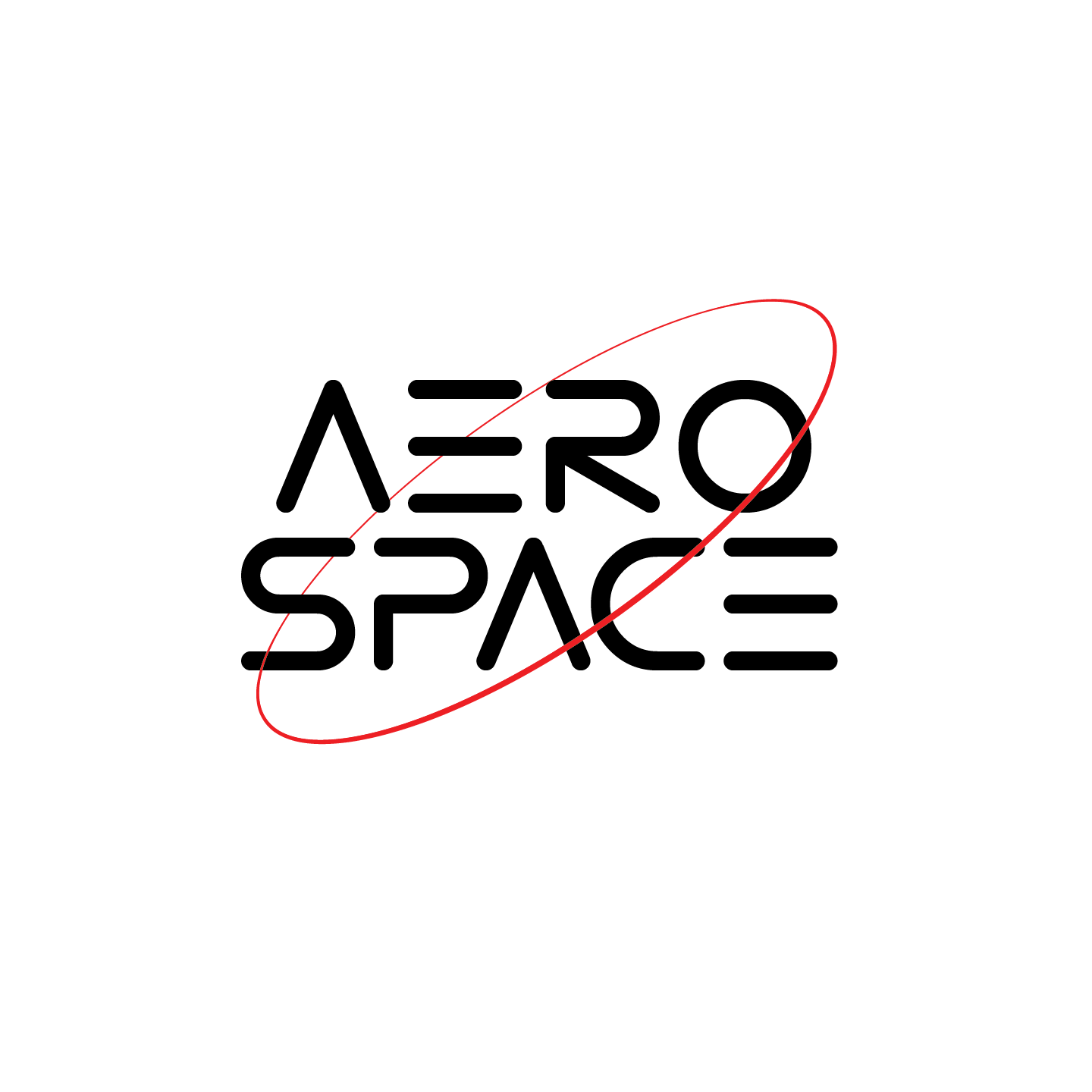

UNL UAV
UNL UAV
There are many important sectors of the aerospace industry, and one of the fastest growing and most hyped is that of the 'drone', or more properly, 'unmanned aerial vehicle' or 'system'- a UAV or UAS. With the beginning of the UAV Team, the Aerospace Club has opened up the possibility of projects which are almost entirely software based, bringing the realms of cutting-edge aerospace development directly to students of Computer Science and Computer and Software Engineering at the University of Nebraska-Lincoln.
Projects
Projects
AUVSI IARC 2019-2020 Mission 9 Objective:
Mission 9 Objective:
Fly fully autonomous
Use ONBOARD computing (no data links except for kill switch and safety pilot override)
Avoid obstacles including:
Other aerial robots
Physical obstacles
Conduct the mission successfully (replace the module and return home) under 9 minutes
The link for the full competition rules for Mission 9: http://www.aerialroboticscompetition.org/rules.php
PROGRESS
About UAV
International aerial robotics competition
The IARC is the longest running collegiate aerial robotics competition in the world, challenging competing teams to develop robotic aerial systems considered impossible for any robots currently owned by government or industry. The IARC proceeds in a series of 'missions', with teams continuing to attempt a particular mission for multiple years until one team succeeds and a new mission is started.
Software Group
The software subteam is tasked with developing and integrating systems and technologies to keep the drone in the sky. The team uses technologies including C++, Linux, git, and the Robot Operating System, as well as the MAVLink protocol and Open Computer Vision. The software subteam is comprised of two project teams that work in an agile software development environment. The two project teams, led by experienced project managers, focus on two separate areas: navigation and vision/intelligence. The navigation project team deals with processing the geographical position of the drone, plotting best possible courses, and optimizing drone flight patterns. The vision/intelligence team deals with machine perception and processing video data. The data is compiled and interpreted to present the drone with a best course of action in any scenario.
If you are interested in software engineering, machine perception, computer vision, artificial intelligence, or automata, this is the team for you!
Hardware Group
For all the software work that goes into a UAV, it can't get off the ground without the necessary mechanical structures and systems for the software to interact with. To this end, our Hardware Group is tasked with designing, producing, and assembling all structural and mechanical components of the aerial system. These components have included everything from custom landing legs and specialty components for completing the competition, to a solution for battery attachment and testing and maintenance on the frame. This requires familiarity with the tools and equipment necessary for effective component production, including power tools, machine tools, and even a 3D printer, as well as computing tools. The computing tools used by the Hardware Group mostly consist of the program Solidworks, to include its 3D CAD design suite, as well as structural and fluid simulation. When simulations require a second opinion, ANSYS is utilized.
UAV Team Website
The UAV team has their own work-in-progress website! You can find more specific information and resources there. Here is the url address: https://unl-uav.github.io
MEMBERS
One would expect that a team dealing with autonomous UAV development would primarily be made up of programmers, but we do manage to fit a few Mechanical and Electrical Engineering students onto the team, and they do some pretty essential work too! Of course, this team is open to any student of any major who would like to join to learn and help build our next UAV! You'll always be in good company here, with members who've worked for many locally based national and international companies, as well as aerospace and software companies based out of state, and government agencies like NASA.
2019-2020 TEAM LEADS
President: Andrew Hossack
Software lead: Timothy Gibbons
Remote Pilot and Support: Pradhyun Kashyap
Secretary: Khawm Mung
Above are some member from the 2019-2020 UAV team






